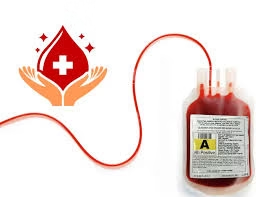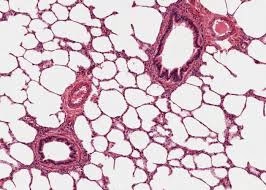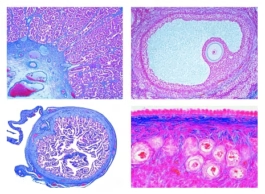
Introduction Whole blood contains: Red Blood Cells (RBCs) White Blood Cells (WBCs) Platelets Plasma (with clotting factors, proteins, electrolytes) Modern transfusion practice follows the principle: “Give only what the patient Read More ……..
Simplifying Allied Health Learning.

Introduction Whole blood contains: Red Blood Cells (RBCs) White Blood Cells (WBCs) Platelets Plasma (with clotting factors, proteins, electrolytes) Modern transfusion practice follows the principle: “Give only what the patient Read More ……..

Introduction The respiratory system is functionally divided into two portions: the conducting portion and the respiratory portion. The conducting portion includes the upper respiratory tract, which consists of the nasal Read More ……..

Introduction Quantitative assays of coagulation factors play a vital role in the diagnosis, classification, and management of bleeding disorders. These assays are designed to measure the concentration or functional activity Read More ……..

Introduction The female reproductive system comprises a group of internal and external sex organs responsible for reproduction, hormonal regulation, and secondary sexual characteristics. Components of the Female Reproductive System Internal Read More ……..

Introduction Screening coagulation tests are initial laboratory investigations used to assess the hemostatic system. These tests help in the early detection of bleeding and clotting disorders. They evaluate the integrity Read More ……..